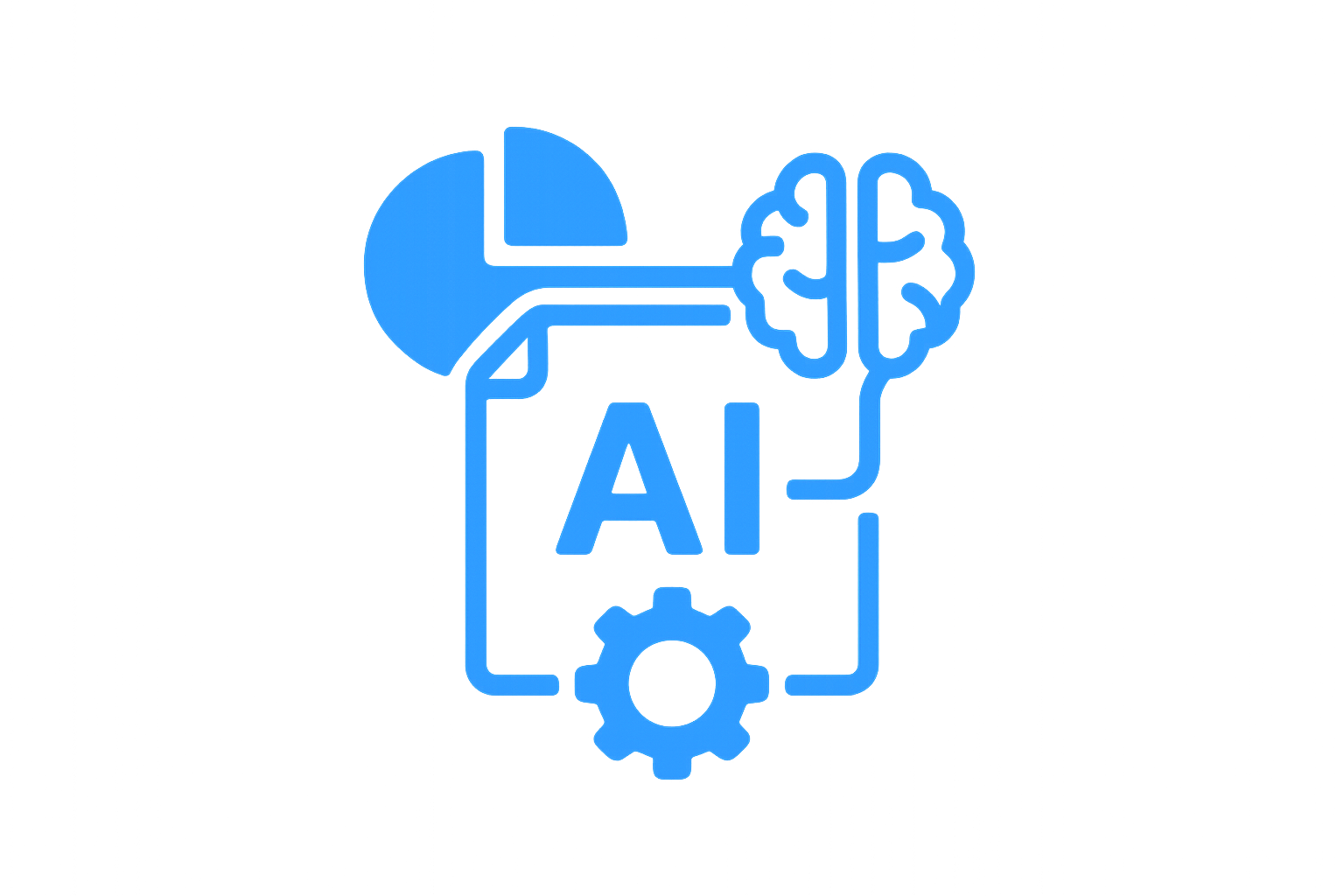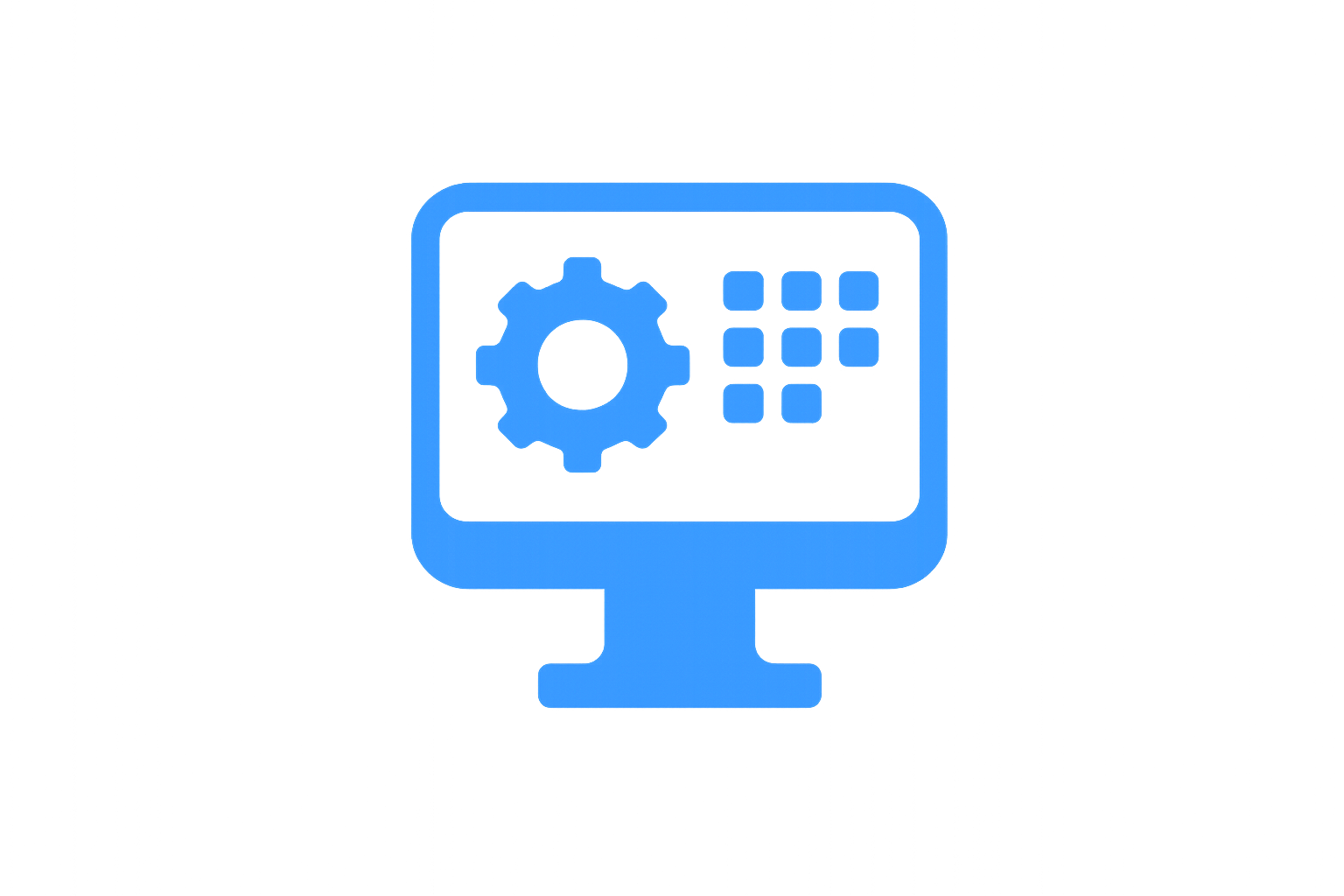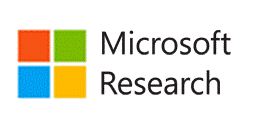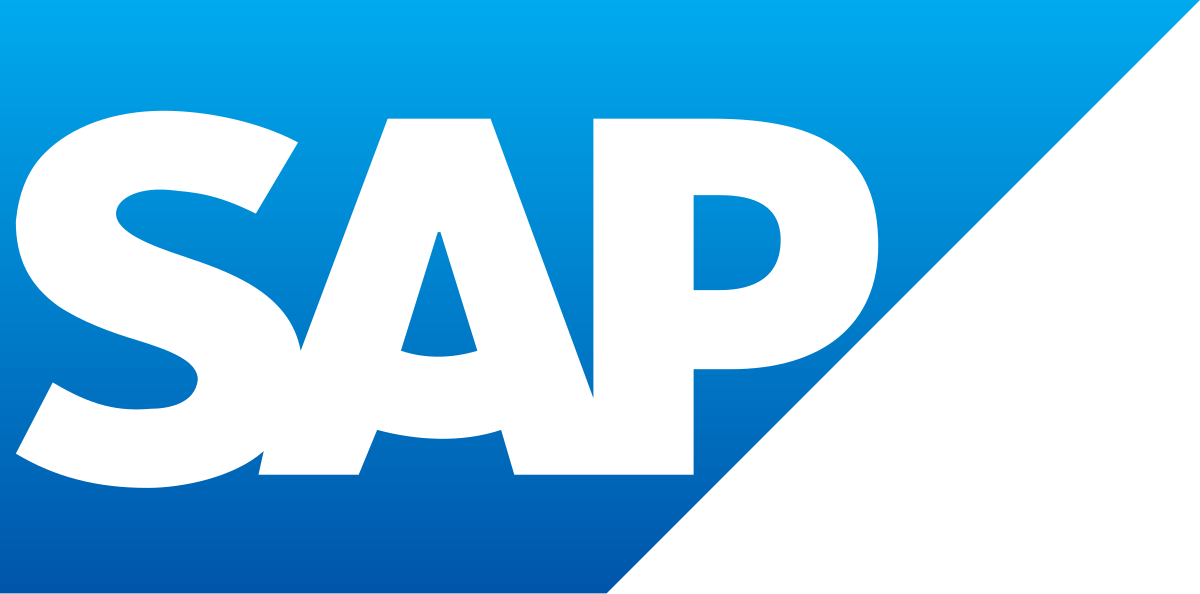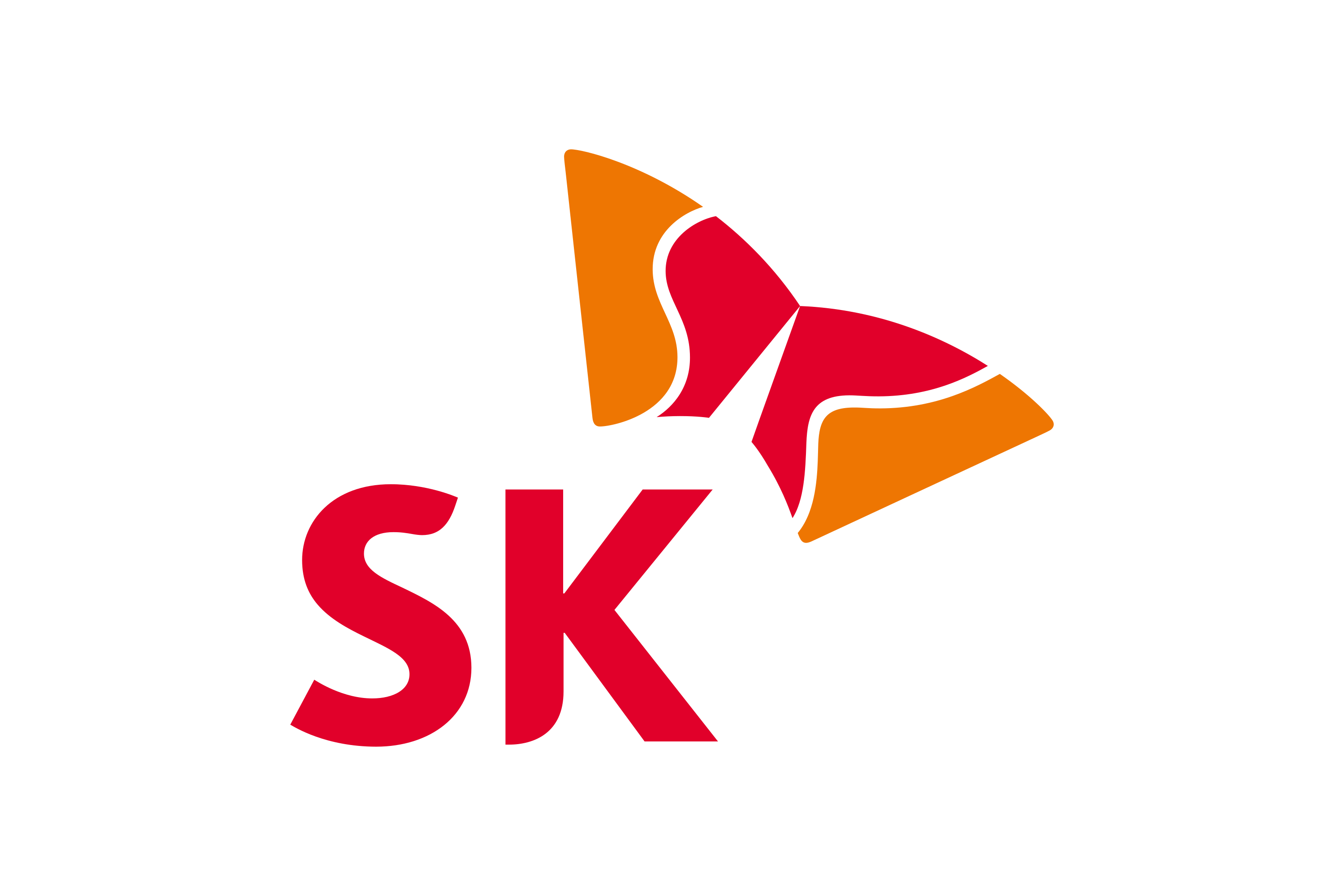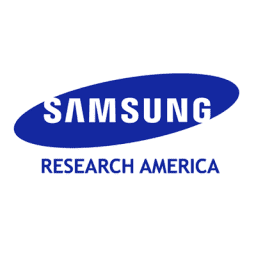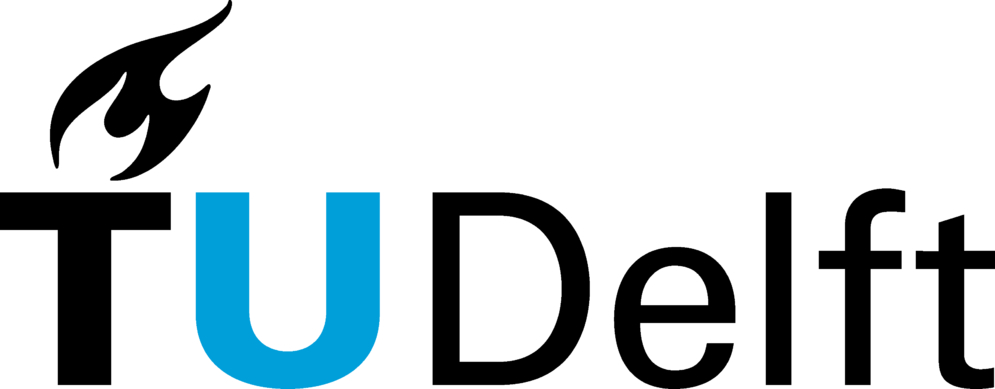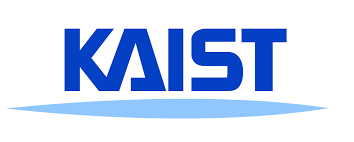Research
Our research is dedicated to advancing the next generation of intelligent data and computing systems by holistically integrating innovations across six key domains: (i) Big Data Systems, (ii) Systems for AI, (iii) AI for Systems, (iv) AI Model & Architecture Innovation, (v) Hardware-Software Co-Design, and (vi) Quantum Data & AI.
We envision a future where data, AI, and systems co-evolve through tightly coupled, cross-disciplinary innovation:
- • Big Data / Database Systems: We build high-performance, AI-centric data platforms that unify structured, semi-structured, and unstructured data processing. Our work spans next-gen vector and tensor-native engines, GPU-accelerated query systems, lakehouse architectures, and multimodal analytics. Through innovations in indexing, query optimization, adaptive execution, etc., we aim to empower intelligent data infrastructure at scale.
- • Systems for AI: We develop system infrastructures optimized for AI workloads, including data-aware scheduling, distributed runtime support, and ML-accelerated compilers. Our goal is to bridge the gap between algorithm design and real-world deployment by ensuring AI systems are both performant and resource-efficient across diverse environments.
- • AI for Systems: We harness machine learning to rethink how systems are built and optimized. This includes learned query optimizers, self-tuning configuration engines, predictive scheduling frameworks, etc. forming a new paradigm of self-managing systems driven by adaptive intelligence.
- • AI Model & Architecture Innovation: We develop new architectural paradigms for large-scale AI models — including LLMs, diffusion models, and multimodal AI — with an emphasis on accuracy, efficiency, and deployment scalability. Our research includes sparse modeling, hybrid modularity, and systems-aware model design for high-throughput, cost-effective intelligence.
- • Hardware-Software Co-Design: Recognizing the growing complexity of modern hardware, we design vertically integrated solutions that co-optimize algorithms, software stacks, and emerging hardware such as GPUs, NPUs, TPUs, DPUs, QPUs, and near-memory accelerators. Our research spans compilers, memory management, and runtime optimization tailored for data- and AI-intensive workloads.
- • Quantum Data & AI: We explore how quantum computing can unlock new capabilities in data management and learning. This includes quantum machine learning algorithms, quantum-enhanced data analytics, and hybrid classical-quantum pipelines for solving intractable problems in optimization and representation learning.
Together, these research thrusts form an integrated strategy for building data-centric, AI-native, and system-intelligent platforms. Through deep interdisciplinary collaboration and fundamental innovation, we aim to shape the foundations of next-generation computing infrastructure that will power scientific discovery, industrial intelligence, and societal-scale digital transformation.
Research Areas
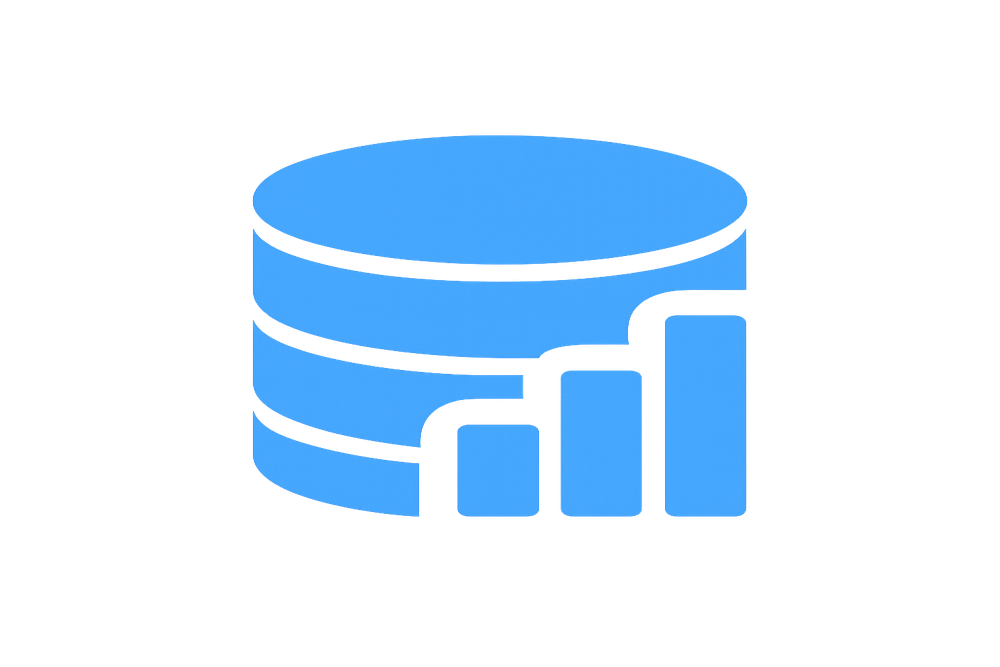
- • AI-Centric Data System Design
- • Vector Database System Design
- • GPU-Accelerated Database System Design
- • HTAP (OLTP/OLAP) Systems Design
- • Query Optimization / Execution
- • Tensor-Relational Hybrid Query Processing
- • Data Lakehouse System Architecture
- • Multi-Model and Multimodal Data Management
- • Learned and Adaptive Indexing Techniques
- • Storage-Aware Query Planning
- • Privacy-Aware and Secure Data Systems
- • Data-Centric AI Pipeline Integration (ML-in-DB / DB-in-ML)
- • SQL Extensions for AI Workloads (e.g., SQL + ML inference)

- • Scalable Infrastructure for AI Model Training
- • High-Performance Inference Systems
- • Distributed and Heterogeneous Systems for Deep Learning
- • System Software for AI Workload Scheduling and Resource Management
- • AI Cluster Resource Scheduling and Job Orchestration (e.g., Kubernetes, Ray)
- • Model Serving Systems and Low-Latency Inference Serving
- • Model Weight Sharding and Storage Optimization
- • Security and Privacy-Preserving AI Systems
- • Data/Model/Pipeline Parallelism Infrastructure
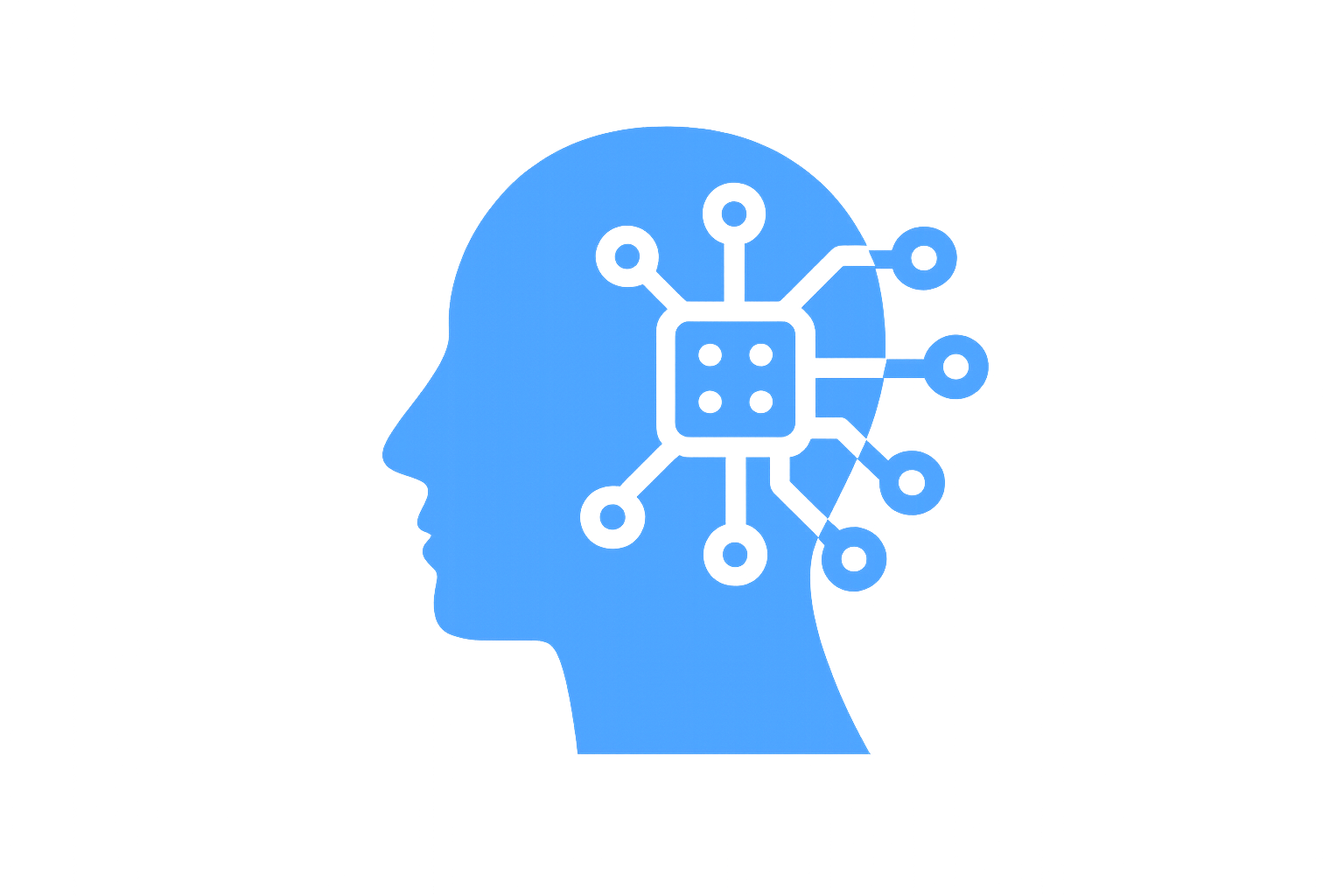
- • Machine Learning-Based Query Optimization
- • Learned Indexes and Data Structure
- • AutoML for Database and System Configuration
- • AI-Guided Scheduling and Job Placement
- • Predictive Modeling for Resource Management
- • Workload Forecasting and Autoscaling
- • AI-Powered Storage Tiering and Caching
- • Reinforcement Learning for System Parameter Tuning
- • AI-Augmented System Profiling and Bottleneck Detection
- • Data Placement and Partitioning via ML Techniques
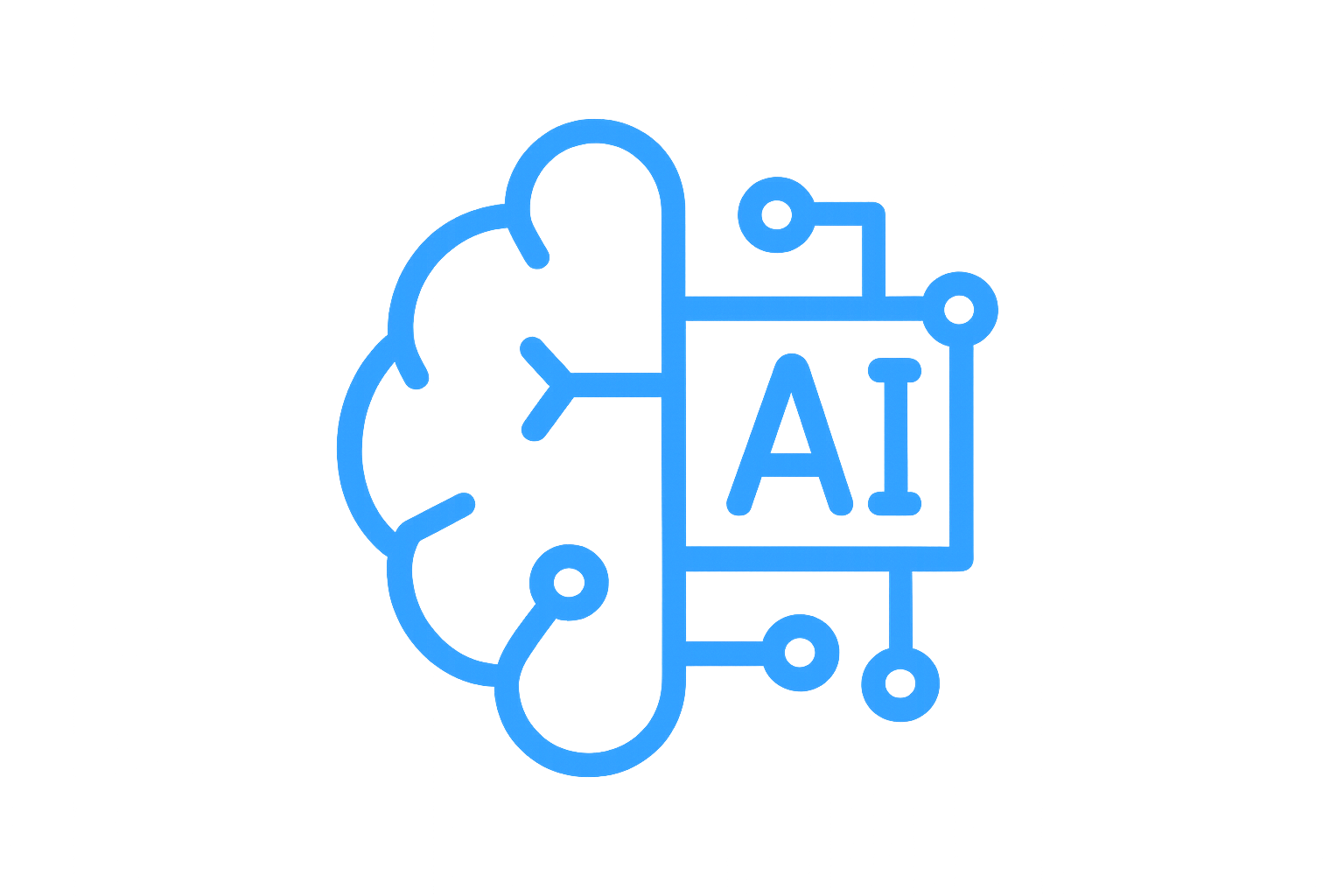
- • LLM Architecture Optimization (e.g., MoE, weight sharing, KV cache compression)
- • Diffusion Model Acceleration for training and inference (e.g., distillation, scheduler design)
- • Multimodal Foundation Models (text-image-video-audio integration)
- • Domain-specialized Architecture (e.g., medical, legal, scientific LLMs)
- • Continual and Lifelong Learning Model Design

- • Architectures for tight integration of memory, storage, and compute resources
- • Co-optimization of query engines and machine learning pipelines with emerging hardware (e.g., GPUs, TPUs, NPUs, DPUs, CXL)
- • In-memory and near-data processing for high-throughput analytics
- • CXL-enabled memory disaggregation and composable infrastructure

- • Hybrid quantum-classical machine learning systems
- • Quantum-inspired optimization for large-scale systems
- • Data encoding and preprocessing in quantum systems
- • Quantum algorithms for data representation and search
Join BDAI Lab
Masters/Ph.D Students
BDAI Lab is accepting Masters/Ph.D students. Please send your CV and transcript to Prof. Park.
Undergraduate Internship
BDAI Lab has multiple openings for undergraduate research internship. Please send your CV and transcript to Prof. Park.
Post-Doctoral Researcher
BDAI Lab is recruiting post-doctoral researchers. Please send your CV and transcript to Prof. Park.
Contact Infomation
Engineering Hall4 D802/D706, 50 Yonsei-ro, Seodaemun-gu, Seoul, Republic of Korea (03722)
Get Direction

